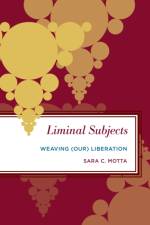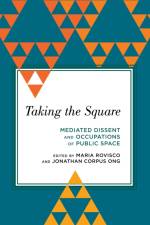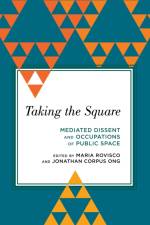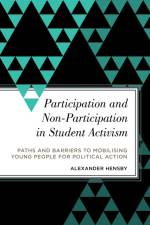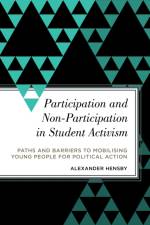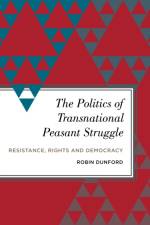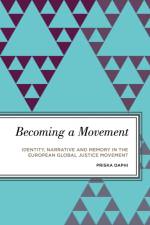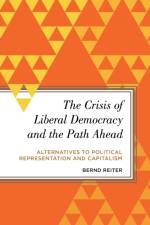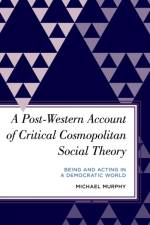av Vivienne Matthies-Boon
1 225
Trauma is commonly understood as Post-Traumatic Stress Disorder (PTSD). Yet, as this book explains, the concept of PTSD is problematic because it is rooted in a solipsist Philosophy of the Subject. Within such a philosophical perspective, it is not only impossible to account for traumaΓÇÖs causality, but the traumatic ΓÇÿeventΓÇÖ is also prioritised over traumatic social and political structures as trauma is depoliticised as an (individual) internal cognitive object.Rooted in Frankfurt School critical theory, this book thus urges us to rethink the concept of trauma: trauma should not be understood as impaired subjectivity but rather as broken intersubjectivity. Hence, it not only presents a critique of the notion ΓÇÿPTSDΓÇÖ, but ΓÇô drawing on the philosophies of Jurgen Habermas, Nancy Fraser, Rahel Jaeggi and Heideggerian trauma theory in particular - it argues that trauma entails the violent imposition of traumatic status subordination. In traumatic status subordination, intersubjective parity (the counterfactual presupposition of being treated as an equal human being) is so violently betrayed that the symbolic realm of the lifeworld collapses. As the lifeworld collapses, one suffers an atomized state of speechless disorientation, wherein the potential of creative collective becoming is destroyed. In this sense, human induced trauma should thus be understood as a political tool par excellence. As this monograph indicates, traumatic status subordination was a tool which the Egyptian counter-revolutionary actors (consisting of the Egyptian military, and its temporary subsidiary the Muslim Brotherhood) used unsparingly as they attempted to put the revolutionary genie back into the bottle. Importantly, the Egyptian military not only sought to destroy the object of revolutionary politics, but rather the underlying existential structures of the possibility of its very existence as such. And thus, in the violent instrumental pursuit of economic and political power, the counter-revolution inflicted multileveled status subordination. It did so through a consistent tripartite structural mechanism: the infliction of grave (deadly) violence, the procedural colonisation and repressive juridification of the public sphere, and the acceleration of neoliberal economic rationalism. This not only accumulated in SisiΓÇÖs prisonification of society and his politics of death, but rather also threw activists ever deeper into an atomized state of demoralized silence as it destroyed the very potential of revolutionary and transformative becoming.

